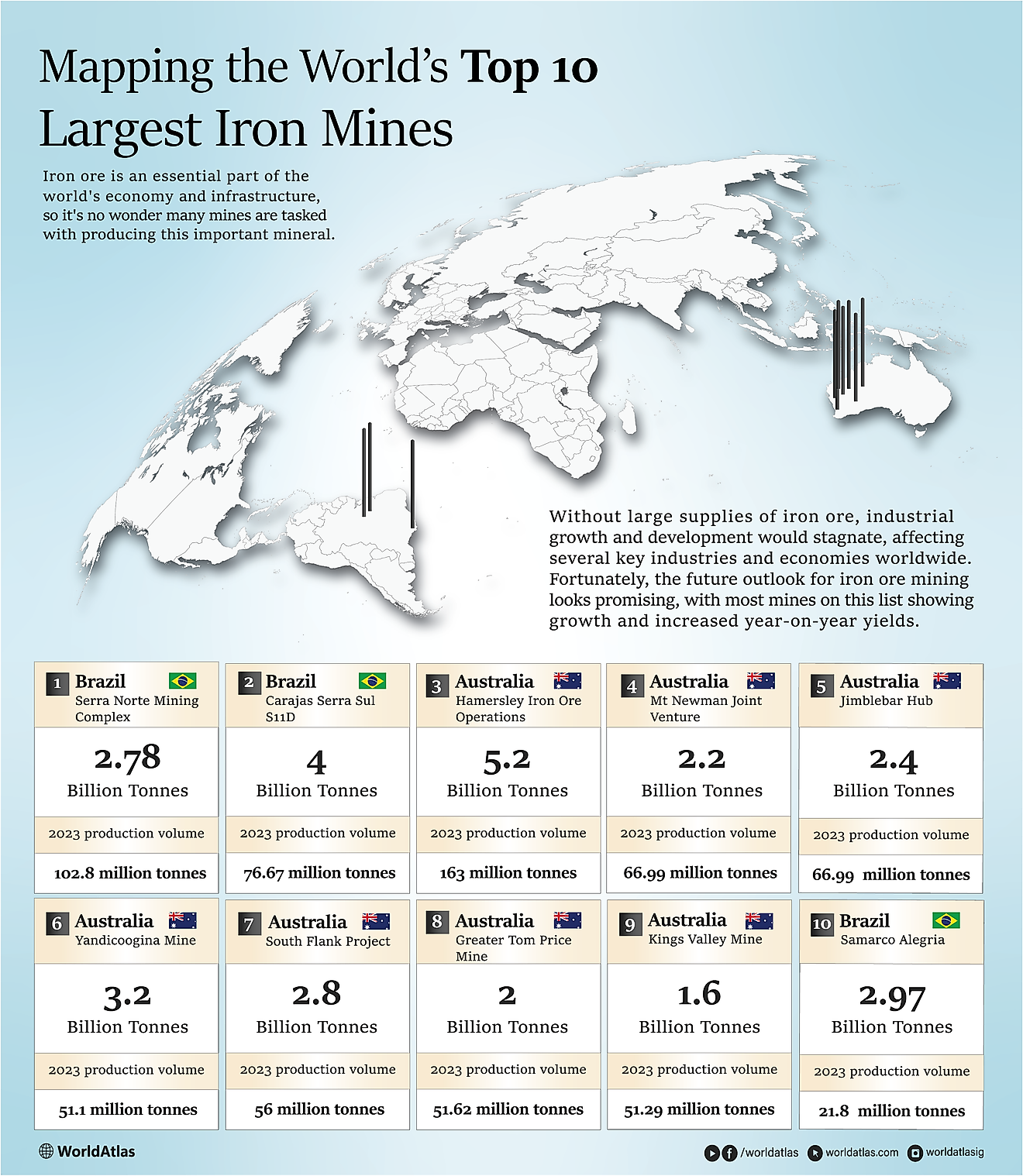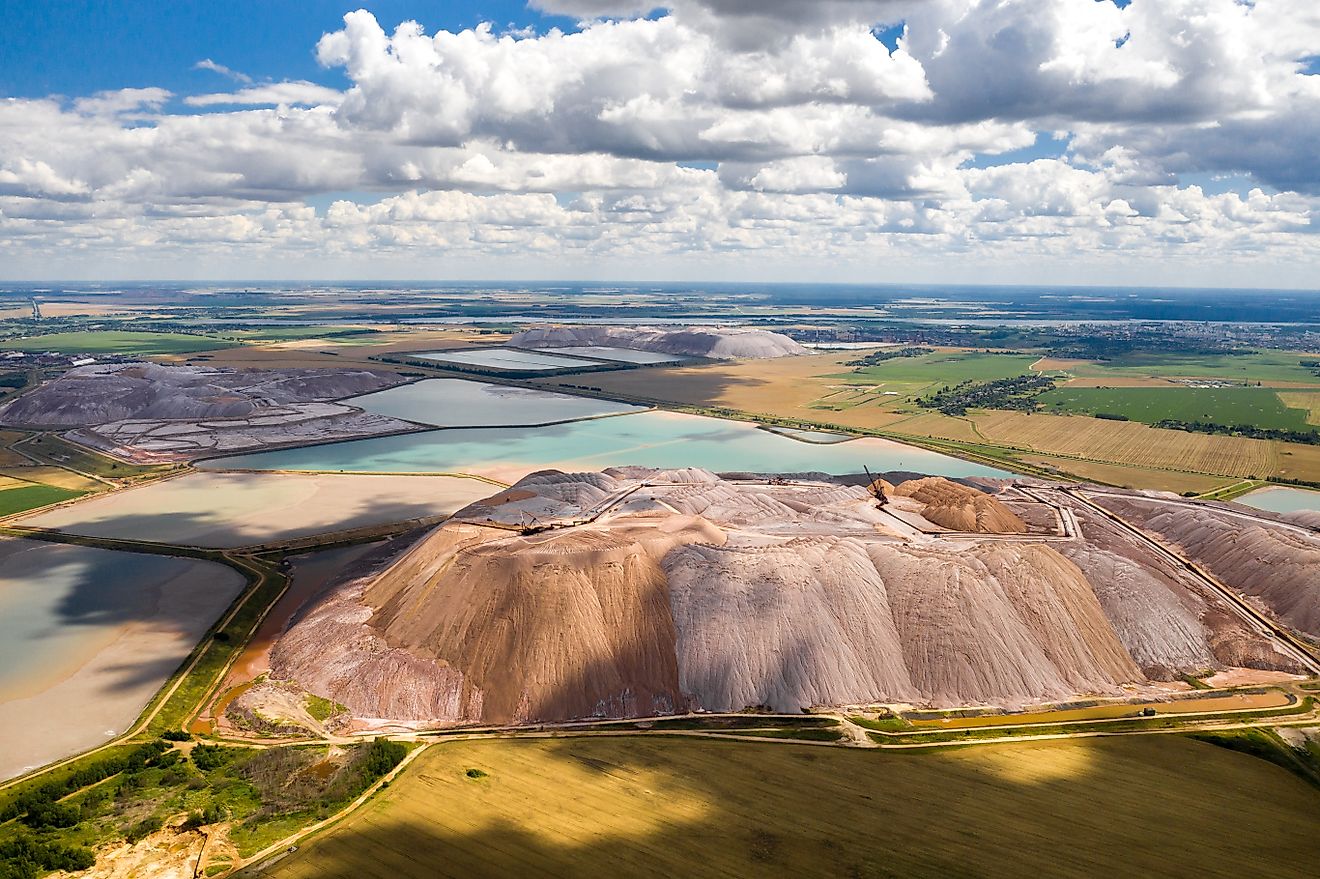What is Scarcity?

Scarcity is a fundamental economic problem where limitless wants cannot be satisfied because there are limited resources available. The world has limited factors of production including land, human labor, and capital which cannot be produced as much as humans want. The scenario calls for people to make decisions on how to efficiently allocate resources so that the basic needs can be satisfied. In economics, any resource that have zero cost to consume is scarce to some extent, however, what matters is relative scarcity.
Definition
Scarcity implies that there are limited resources to satisfy unlimited human wants and needs. A resource is considered scarce if it has a cost, and these resources can come from land, human services, or capital. The cost of different resources can be used to determine the scarcity. If a commodity is expensive for example, it can imply that it exists in limited amounts or the costs of producing it are high. Scarcity also varies from place to place. A person who is living in a desert, for instance, faces scarcity of water while that may not be the case for another person living in a wetland.
Concept
No matter how much technology improves, there seems to never be enough resources to fulfill all human wants. Scarcity forces individuals to make decisions. For example, if you only have $10, you are forced to decide what to buy and what to leave out. By making a choice, the concept of opportunity cost is given life, which refers to the value of a commodity that has been sacrificed to purchase something else. Scarcity triggers competition in the real world. The price system is one method of allocating scarce resources, where the more money a person has, the more resources one is able to acquire. Scarcity and choice form the basis of economic activities. Scarcity is not only an individual problem, it affects the well-being of a nation.
Examples of Scarcity
In the 1970s, the world’s major industrial countries faced considerable petroleum shortages which resulted in price increases. The US, Canada, Australia, Western Europe, New Zealand, and Japan were some of the countries affected. Several events contributed to the oil crisis including the Yom Kippur War as well as the Iranian Revolution. The crisis had the effect of stagnating growth in some nations while the Western countries were forced to look for the commodity in the Middle East, Mexico, and Norway. In 2012, Avian flu spread in Mexican poultry farms leaving millions of chicken dead. The flu occurred in some important egg-producing states such as Jalisco which produces 52% of the country’s eggs. The effects of the flu were felt in many parts of the country as egg prices shot up by as much as 10%.
Advantages and Disadvantages of Scarcity
Scarcity is particularly useful to marketers since people are willing to pay more for a product that is deemed scarce and valuable. Marketers imply that a product is in short supply which creates a sense of urgency for the potential buyer. The scarcity of some necessary commodities such as food and water in some areas can be catastrophic for a population. Drought and hunger continue to cause death in some regions of the world. International organizations often have to intervene to supply the needed commodities.











